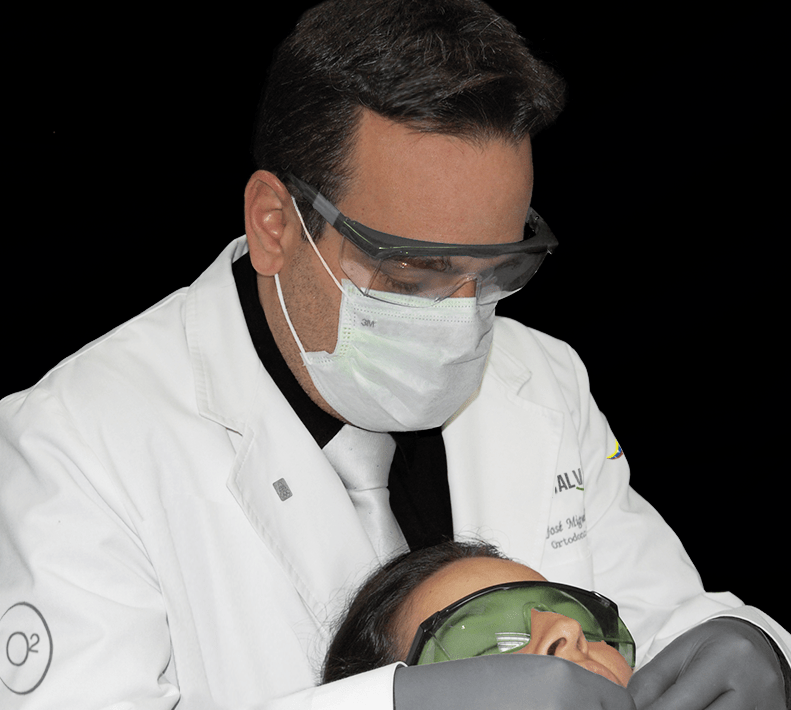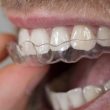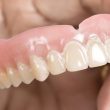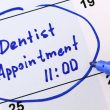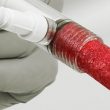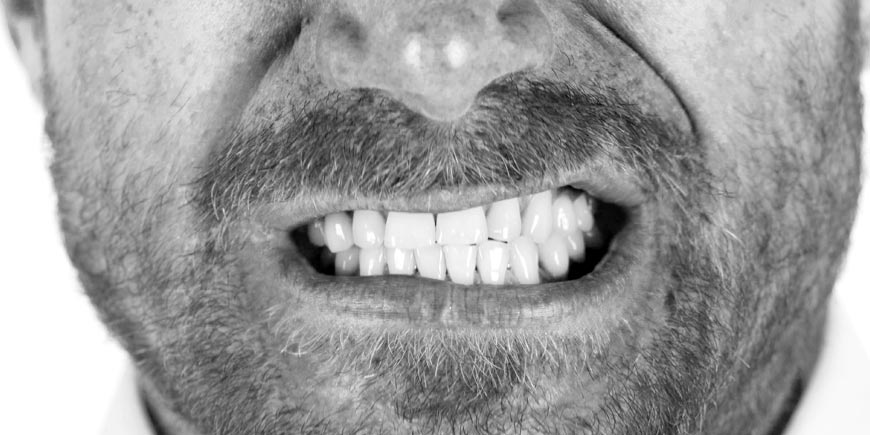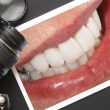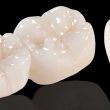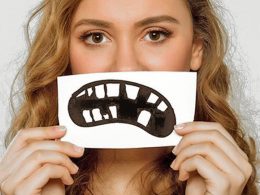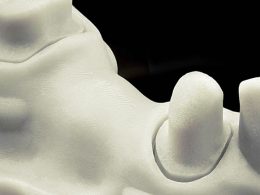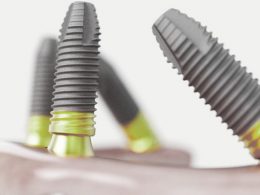Table of Contents
In general, bruxism consists of an unconscious, involuntary, repetitive and with no functional purpose oral activity; characterized by clenching or grinding the teeth. The disorder is heterogeneous and basically includes two modalities: daytime bruxism and nocturnal bruxism.
Daytime bruxism arises from a variety of psychological, neurological, and oral conditions. Nocturnal bruxism can happen during all stages of sleep, particularly light sleep.
It is important to recognize and control this habit, because the extremely powerful forces it exerts on the teeth, periodontal structures, temporomandibular joints, and chewing muscles; are capable of causing wear, degeneration and pain at the level of the head and various components of the masticatory system.
The estimated prevalence of bruxism ranges between 8% and 31% of the adult population, and some studies state that it affects women more frequently, because they are more emotionally sensitive and susceptible to stress. If the habit of clenching or grinding the teeth is not detected, intercepted or treated on time, it can lead to the total destruction of the dentition, with serious aesthetic and functional consequences for the person.
Signs and Symptoms of Bruxism
The symptoms of bruxism can look like and be mistaken for other conditions or health problems. See your trusted Dentist if you feel or observe any of the following:
- Frequent tension in the muscles of the neck, face or jaw.
- Headache with no apparent cause or definite diagnosis.
- Facial pain.
- Clicks or pops in the temporomandibular joint (TMJ).
- Mandibular lock or dislocation.
- Sensitivity in teeth and gums.
- Excessive dental wear.
- Chipped or cracked teeth.
- Frequent fracture of prostheses and restorations.
What Are Its Causes?
Bruxism and grinding are considered to have a multifactorial etiology. They have been associated with peripheral factors such as dental interferences or occlusal disharmonies (in the bite) and psychosocial influences such as stress or anxiety, and central or pathophysiological causes involving central neurotransmitters and other brain structures.
Gnathology Specialists often point to excess stress and certain personality types, as the causes of bruxism, as it often affects people with great nervous tension such as anger, pain or, frustration. It also affects people with aggressive, hasty, or overly competitive tendencies. There is evidence that, in some people, bruxism is caused by an imbalance in brain neurotransmitters. Also, some medications, such as the antidepressants fluoxetine and paroxetine; can cause bruxism.
How Is Bruxism Diagnosed?
During regular office visits, your Dentist will check your teeth for signs of bruxism, such as the typical facets of wear. If he sees any, he will surely examine the temporomandibular joint and ask you about other common symptoms, such as headaches or facial musculature pain.
If there are doubts about the diagnosis, your case will probably be put under observation, or referred to a Specialist in the field.
Current Treatments for Teeth Clenching or Grinding Habit
Bruxism is highly treatable, particularly if it is caught early. The key is to find out what causes it and then focus treatment on it. However, the most common or frequently involved clinical procedures in the treatment of this parafunctional habit, are the following:
1- Self-Care
If you already know that you suffer from the habit and have symptoms, practice the following recommendations to alleviate it:
- Do not chew gum. This can make pain worse.
- Avoid hard candies, nuts, thick meats, and any other foods that are difficult to chew.
- Try to relax your face during the day. Self-massages are often helpful. To do this, look to identify small, painful nodules called trigger points, which can activate pain in the head and face.
- Manage stress. Do your best to reduce it, as stress and anxiety make bruxism worse. Get into a jacuzzi, go for a walk, or listen to your favorite music. Learn relaxation exercises like mindfulness, deep breathing, or meditation.
- Change your posture. Talk to your Dentist about techniques for proper jaw and mouth positioning.
- If you tend to clench while you sleep, do not have caffeine-containing foods or drinks before bed. Alcohol and cigarettes at night, can also make bruxism worse.
- Stay up-to-date on your dental care, so your Dentist can monitor any possible damage to your teeth, gums, or joints.
- Get enough sleep.
2- Splints and Mouthguards
If you are a night grinding machine, it is essential that you routinely use a splint to sleep. Some fit over the upper teeth and some fit over the lower teeth. They can be designed to keep the jaw in a more relaxed position or to stimulate some other function.
One of these protectors called NTI-tss, for example, is placed only on the front teeth to keep the back teeth (molars) completely separated during sleep. This is based on the theory that most of the stresses resulting from clenching, build up on the posterior teeth. With NTI, the only contact is between the splint and the lower front teeth. Many studies have shown that the NTI-tss splint helps prevent or alleviate bruxism.
Even so, the most widely used type of protector, continues to be the orthostatic upper full cover splint.
3- Psychotherapy and Relaxation
When chronic stress or anxiety leads to the habit of clenching and grinding your teeth, it can be very helpful to see a therapist. Once he has addressed the issues that are causing your emotional distress, your bruxism may lessen.
If these efforts fail to break the habit of bruxism, biofeedback is worth a try. This is a method that uses monitoring procedures and equipment to teach you to monitor the activity of your masticatory muscles.
Also, any other activity that you like, that makes you feel better and helps drain accumulated stress, will be useful in treating the habit. Sports practice, deep breathing techniques, massages, meditation, tai chi, yoga, music therapy, dance therapy, aromatherapy and art therapy; are usually very relaxing and emotionally favorable hobbies.
4- Pharmacological Treatment
There is a lot of evidence that certain medications can be helpful in managing bruxism. Muscle relaxants, and even botox injections, have shown promise as temporary antidotes to the habit, as long as it is not produced by other medications.
If your bruxism is caused by drugs, your Doctor may consider adjusting the dose or prescribing a different medication.
5- Occlusal Adjustment
Occlusal or bite adjustment is a procedure performed to eliminate small interferences and premature contacts that prevent teeth from engaging properly. Occlusal interferences can prevent the jaw from settling into its correct anatomical position and, can sometimes, develop bruxism. This means that the muscles of the jaw and neck can never fully relax, causing spasms and severe headaches, face and neck pain.
Interferences can develop due to the dental eruption process itself, they can occur after an accident, due to the loss of teeth that are never replaced or can be a consequence of functional wear. Poorly adjusted or over-contoured dental restorations such as fillings, crowns and bridges; can also cause interferences.
6- Oral Rehabilitation
If your bruxism habit could not be controlled on time and your teeth have been broken or excessively worn, it will be necessary to rehabilitate them to regain chewing function and the appearance of the smile.
Therapeutic approaches for patients with severe bruxism and worn dentition may include indications for direct and indirect restorations with composites, gold, metal alloys, and porcelains; for fabricating inlays, onlays or full-coverage crowns.
In extreme cases, traditional prosthetic treatment will include the preparation of the teeth (root canals, posts and abutments carving) to receive full crowns, as this is the only way to regain vertical occlusal dimension, esthetics and chewing function. In these situations, porcelain fused-to-metal crowns, continue to be the first restorative option.
“Large Dental Wear Caused by Untreated Bruxism, Are Usually an Indication for Complete Oral Reconstruction or Rehabilitation”.
DENTAL TIP
The Smile of Your Dreams Awaits You in Venezuela!
A cost saving alternative to your local dental care.
DENTAL VIP offers dental services in Caracas to patients from North America, Europe and the Caribbean.
We designed all our services to meet the special needs and expectations of our guests travelling for treatment:
- 50-70% lower prices.
- Volume discounts.
- Free consultation (X-ray, dental quote and transport).
- Extended guarantee packages for all treatments.
- Shorter treatment times and no waiting list.
- Free all time patient support.
- Travel and hotel assistance.
- After-care services.
We wish to ensure that your visit not only saves you money but you receive the best care for your dental needs. DENTAL VIP is dedicated to provide value for your money in your dental treatment, travel, and stay in Caracas.
Do not compromise on quality for the price, visit us in Caracas for your treatment and allow yourself the best. Do not settle for awkward removable dentures, low-end dental implants, or only temporary solutions.
Do not waste any more time, contact us right now!
